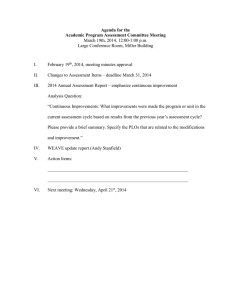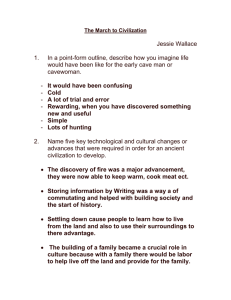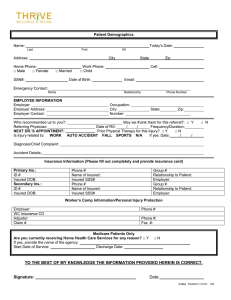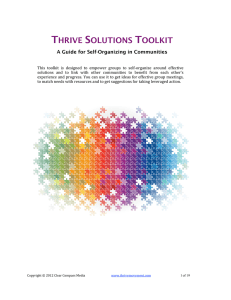Chapter 3 The Modern State
advertisement
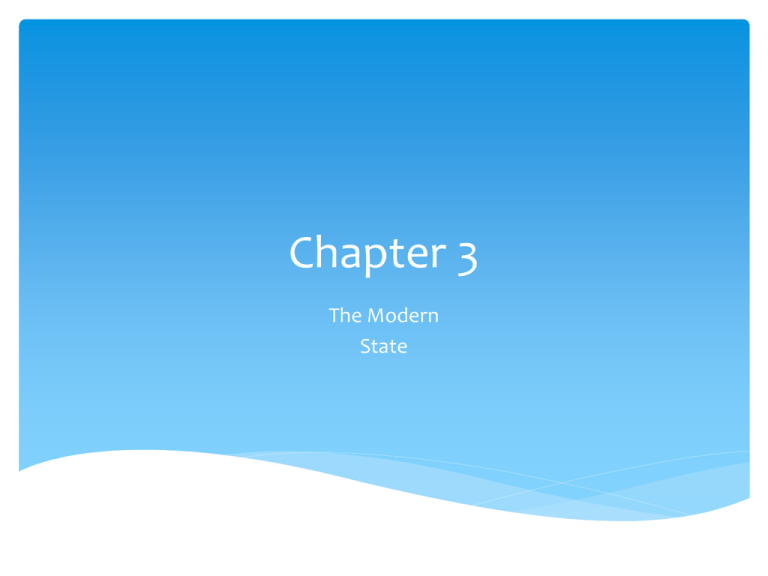
Chapter 3 The Modern State Development of the Modern State Note: states did not always exist (see text for history of how people organized themselves) By mid 19th century, states existed in North American and Europe Colonialism spread concept and organization of states by end of 19th century Origin of State Commerce and industry needed organization such as a state to develop and thrive Modern technology helped states grow and thrive State & Public Goods Public Goods: a good that is nonrival and not excluded from people; a good that benefits all and no one can be prevented from using it Examples: Public healthcare and national defense Government can provide public goods (along with other things too) Nation vs. State Terms nation, state and country often used interchangeably but in political science there are different meanings Nation: A large group of people who share a common culture; often common language important in development of a nation (example: Nation of Islam) Nation v. State State: a political unit; has ultimate responsibility for conduct of its affairs (example: United States, Canada) Politicians often want to relate nations and state together to strengthen themselves—where confusion of terms combine Nationalism Nation: When person/people passionately identify with a nation or a state as it relates to a nation A state can be a nation and a nation can be a state but can be separate and a nation can cross borders Nation-state: when state is both State-Building/Failed States State Building: creation of a new state organization (example: Japan after WWII) Failed states: Attempts at states whose central authority fails Government Government is a critical component of the state Government has ultimate authority Unique group who can make decisions as long as has legitimacy and authority Autonomy When government and bureaucracy (those who implement policy) are generally insulate from political pressures of outside groups Civil Society Part of society that is organized and active Not organized by government Not focused on private concerns Deals with organizations that are concerned with public questions not covered by government Examples: religious groups; hobby clubs; professional groups New organizational Alternatives to State The United Nations The European Union Regional Trade Organizations Why exist now? New communications, changes in needs
